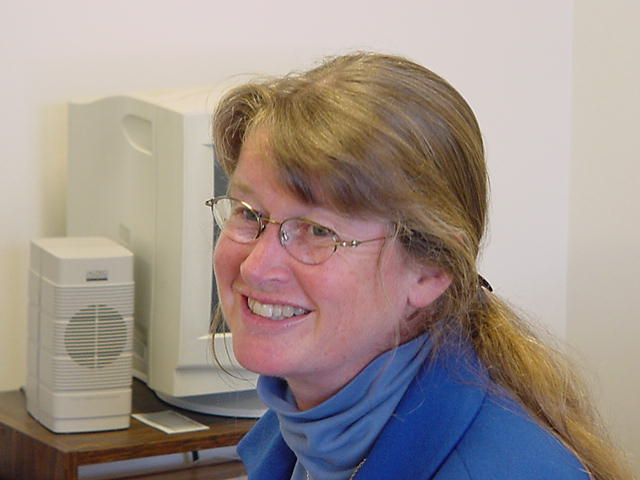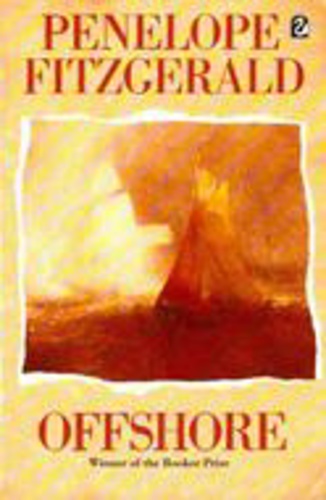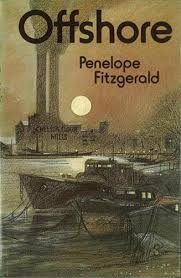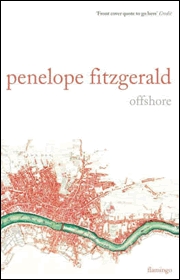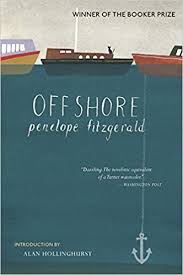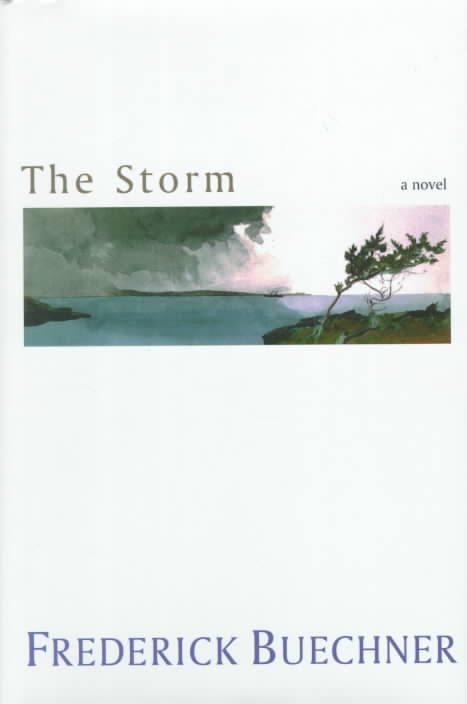Hurricane, Typhoon, Cyclone, Maelstrom, Whirlpool, Vortex
 Tuesday, September 18, 2018 at 6:47PM
Tuesday, September 18, 2018 at 6:47PM After watching Hurricane Florence and Typhoon Mangkhut ravage US and Asian shores, I looked this week for ocean fiction about dramatic storms at sea.
In his two classic “Tales of Imagination” about sea storms, Descent into the Maelstrom and MS. In a Bottle, Edgar Allen Poe writes with such detail and intensity about hurricanes and typhoons that the perennially unemployed author might have found work as a meteorologist.
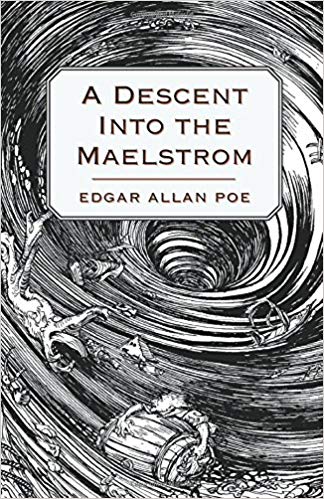 But he probably would have lost that job as well, because he got one thing wrong about sea storms.
But he probably would have lost that job as well, because he got one thing wrong about sea storms.
Poe’s other story collections are called “Tales of Suspense” and “Tales of Deduction.” These two “Tales of Imagination” are also full of suspense, and even some deduction. Poe is called the father of both the short story and the detective story, and it was great fun to reread these and several more of his classics. Highly recommended.
(My daughter went through a Poe kick age 14 or so – this seems like a goth girl type thing. When something smelled bad she would never fail to quote The Fall of the House of Usher – “It may be that they have their ghastly origin in the rank miasma of the tarn.” We detoured a trip to DC just to visit Poe’s grave in Baltimore. She even rooted that year for the Baltimore Ravens because they were named for Poe’s famous poem, the only NFL team named for a poet, and their three raven mascots were named Edgar, Allen and Poe. Her obsession must be why we have two collections of Poe’s tales on our shelves.)
In each of these sea tales a narrator recounts his personal experience on a boat caught in a deadly ocean hurricane. As wind and rain and surge plough down inexorably on our heroes, both stories culminate in a deadly ocean whirlpool or maelstrom.
Descent into a Maelstrom is based on an actual famous deadly whirlpool off the coast of Norway. Here’s a typical Poe description, this of the maelstrom as it grows with the tide. “I became aware of a loud and gradually increasing sound, like the moaning of a vast herd of buffaloes upon an American prairie; and at the same moment I perceived that what seamen term the chopping character of the ocean beneath us was rapidly changing into a current which set to the eastward. Even while I gazed, this current acquired a monstrous velocity. Each moment added to its speed – to its headlong impetuosity. In five minutes the whole sea, as far as Vurrgh, was lashed into ungovernable fury, but it was between Moskoe and the coast that the main uproar held its sway. Here the fast bed of the waters, seamed and scarred into a thousand conflicting channels, burst suddenly in phrensied convulsion – heaving, boiling, hissing – gyrating in gigantic and innumerable vortices, and all whirling and plunging on to the eastward with a rapidity which water never elsewhere assumes, except in precipitous descents.”
The old salt fisherman, who is showing our narrator the whirlpool from a cliff, had skirted it for years on his way to fishing grounds. But one day a hurricane whips up its speed and force, and only through some quick thinking and even quicker recollection of a lesson from Archimedes about cylinders (not sure I would have been able to recall high school physics in the face of a maelstrom) does he, but not his brothers, survive the whirlpool.
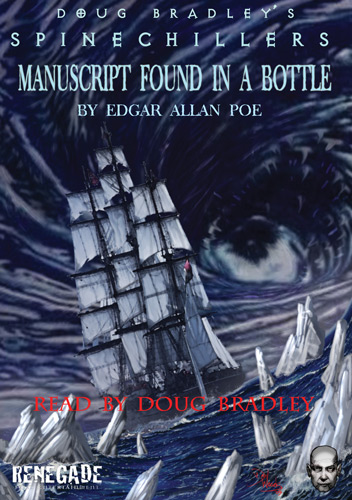 MS in a Bottle, written as if it were a note placed in a bottle at the last minute before losing the battle against a vortex, tells of a Jakarta boat swamped by a hurricane with only one survivor (our narrator.) Without crew or masts, the boat relentlessly and mysteriously ploughs southward to Antarctica, until a massive ghost ship with a zombie crew picks him up and they all descend to their deaths in a southern hemisphere maelstrom.
MS in a Bottle, written as if it were a note placed in a bottle at the last minute before losing the battle against a vortex, tells of a Jakarta boat swamped by a hurricane with only one survivor (our narrator.) Without crew or masts, the boat relentlessly and mysteriously ploughs southward to Antarctica, until a massive ghost ship with a zombie crew picks him up and they all descend to their deaths in a southern hemisphere maelstrom.
In both tales the deep open ocean is a remote mystery seen only by a few and so dangerous that almost everyone who see it dies. The ocean’s force turns the skies black, ghosts and shipwrecks are roiled up from the deep, death is everywhere. For a macabre kind of guy like Poe, this was a natural landscape and subject matter. These two are not his only sea stories.
What does Poe get wrong? It’s pretty minor - the names he gives to these sea storms. I’ll cut him some slack, he was writing over 150 years ago, when writing style and weather language were very different. But simply because I watched the news about Hurricane Florence and Typhoon Mangkhut this week and then read Poe about these Norway and Antarctic storms, I learned something new about meteorology.
Poe calls them all hurricanes, east or west. I got to thinking - what’s the difference between a hurricane and a typhoon?
When you look up “hurricane” in Wikipedia, there’s no entry. Instead it takes you directly to “tropical cyclone,” the broader term. Turns out they all tropical cyclones, but are only called hurricanes in the Atlantic or northwest Pacific. Same thing with typhoons, they are location specific, only Eastern Pacific and Indian Oceans. But all the exact same storm.
A tropical cyclone is a rapidly rotating storm system characterized by a low-pressure center, a closed low-level atmospheric circulation, strong winds, and a spiral arrangement of thunderstorms that produce heavy rain. Depending on its location and strength, a tropical cyclone is referred to by different names, including hurricane, typhoon, tropical storm, cyclonic storm, tropical depression, and simply cyclone. A hurricane is a tropical cyclone that occurs in the Atlantic Ocean and northeastern Pacific Ocean, and a typhoon occurs in the northwestern Pacific Ocean; while in the south Pacific or Indian Ocean, comparable storms are referred to simply as "tropical cyclones" or "severe cyclonic storms.”] The primary energy source for these storms is warm ocean waters.
Am I the only person who didn’t know that?
Poe calls all these storms hurricanes. So what? He was, after all, writing in the 1830’s and 40’s.
What I learned new, besides terminology, is how I tend to look for differences rather than similarities. I’ve learned as a guide at the Aquarium that there are two different kinds of taxonomists – clumpers and splitters. Clumpers find the similarities in things – all sharks are cartilaginous fish. Splitters differentiate - some sharks lay eggs, others have live birth. I think we tend to split more than clump these days, hairs and storms. We look for differences not similarities. Ocean storms here in America are hurricanes. Far away in exotic Asia they are typhoons.
But no, they are the exact same thing. Clump them together and we realize that the damage and human suffering are equal. Moreover the recent increased intensity of both hurricanes and typhoons is also caused by the same thing – climate change. Warmer ocean waters grease the runways of those winds, whipping up cyclones and maelstroms like never before. We are all getting wetter, warmer, windier, deadlier.
MS. In a Bottle is said to have directly inspired Herman Melville to write another sea tale of a restless narrator boarding a ship with a strange crew and captain, looking death in the face, barely living to tell the tale. Poe may have gotten meteorology slightly wrong, but he changed the course of short stories, detective fiction and great literature like Moby Dick. Not to mention inspiring an NFL football team.
Just stay away from those maelstroms.
Copyright © 2018 Deborah Streeter


